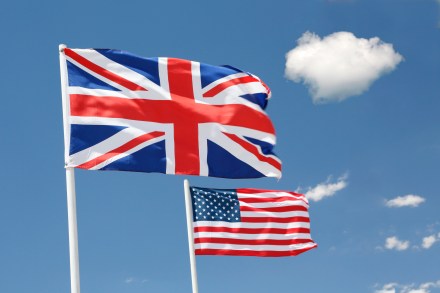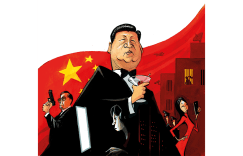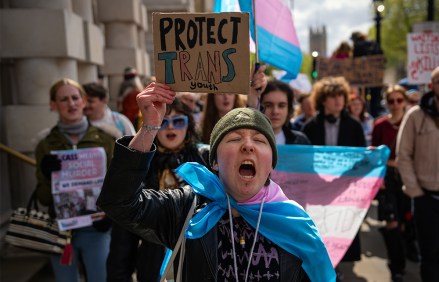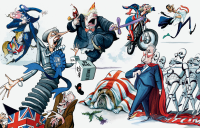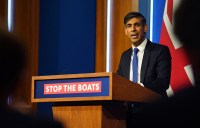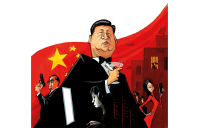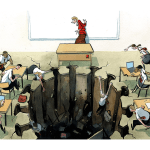Rebecca, a British friend who taught theatre studies at a celebrated English public school before she was brutally sacked during the pandemic, moved to France and looked for a job. After putting out feelers, she got a phone call from the director of a lycée (high school) in a socially challenging neighbourhood of Béziers, a city in the Occitanie region of southern France. Would she be willing to teach English, replacing a prof who’d signed off sick with stress? Game for most things, she agreed, and quickly regretted it. Her class of 40 included, she estimated, roughly 4 students who had any interest whatsoever in learning anything. The rest, when they bothered to show
